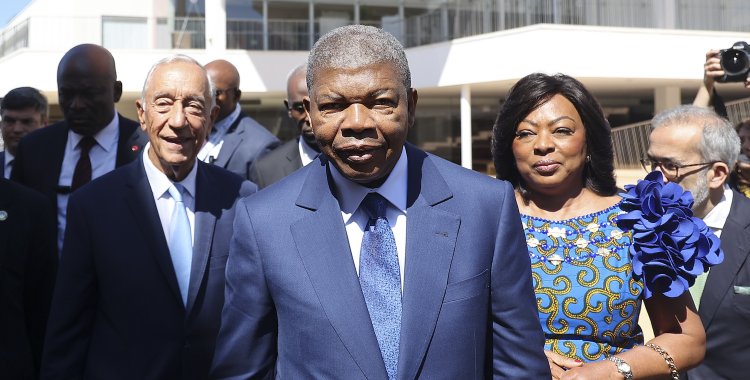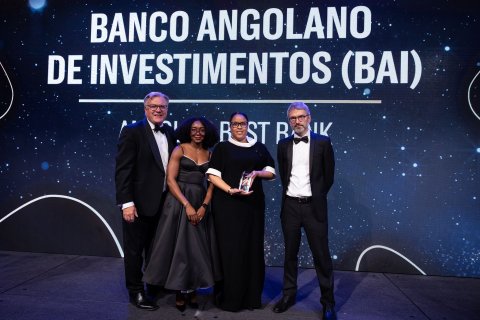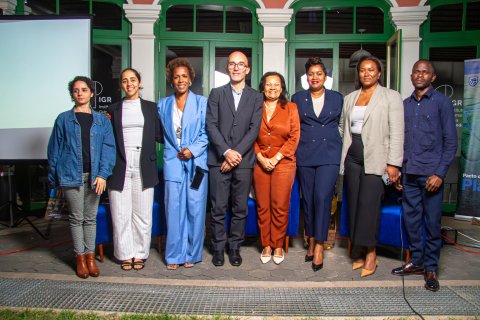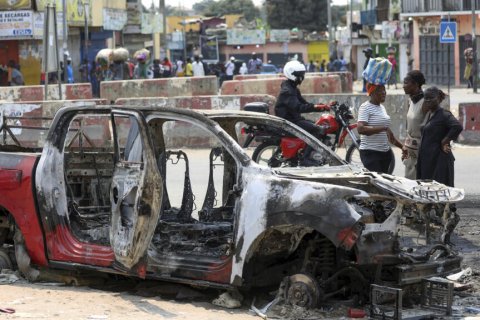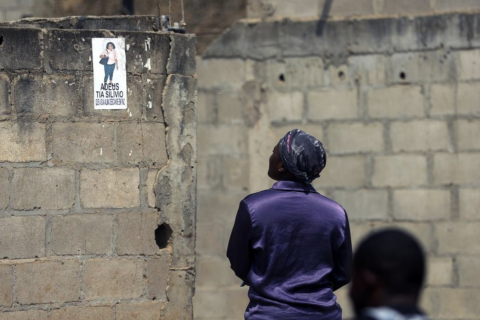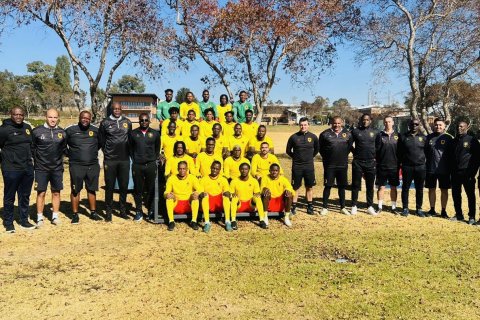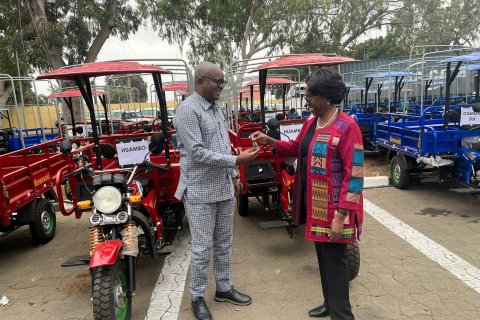João Lourenço attended the 8th EurAfrican Forum on Saturday morning, hosted by the Council of the Portuguese Diaspora at the Nova University School of Business and Economics (Nova SBE) in Carcavelos, Lisbon. He was the guest speaker for the 'Conversation with the Presidents', which concluded the event with a dialogue with the Portuguese President, Marcelo Rebelo de Sousa, moderated by Sapo's editorial director, Joana Petiz.
For the head of state and current holder of the rotating presidency of the African Union (AU), the Community of Portuguese Language Countries (CPLP) "is more than the Portuguese language; it is culture, trade between member states," and the very diversity of the Portuguese language, in terms of accents across the globe, "enriches it."
The Portuguese head of state considers the CPLP a project that has influence across various continents and can serve as a bridge between institutions such as the African Union and the European Union, whose council is chaired by former Portuguese Prime Minister António Costa.
"Do you know who initiated the European Union-Africa summits? Portugal. First in 2000, then in 2007, and now the next one will be in Angola," said Marcelo Rebelo de Sousa, speaking in the capital from November 24th to 25th.
For the AU president, the potential of Angola and the African continent, in general, is not limited to its human potential, as it has a young population that symbolizes the future.
"Regarding Africa, I think we shouldn't limit ourselves to talking about demographic potential. It's a fact that Africa is an essentially young continent (...) it has an advantage in terms of a workforce that can serve the continent and the world," emphasized João Lourenço.
"Therefore, Europe should look at its demographic potential with different eyes, invest in Africa, even to prevent young Africans from crossing the Mediterranean and arriving in Europe under the conditions we know. If the investment is made in Africa, not only will they serve the continent, but they will also serve the rest of the world, serve Europe, under better conditions, with more qualifications, thus occupying, let's say, the job market," he reiterated.
Regarding Chinese investment in the continent, the President argued that Europe has been in Africa for five centuries and that China arrived only a few decades ago, so the 'old continent' should take greater advantage of this advantage of "having arrived first."
"Europe could take better advantage, in the sense of mutual benefits, of the fact that it knows the African continent better, because it has always been in Africa," the head of state declared.
João Lourenço emphasized that Africa needs investment in infrastructure and that, in this way, it can solve two global problems: hunger and the climate crisis.
On the one hand, the continent possesses the largest reserves of rare earth minerals, essential for green energy, and on the other, it "can be the world's breadbasket."
However, the head of state reiterated that the lack of investment is preventing the continent from evolving as it aspires, which explains the failure to implement a free trade zone in Africa.
"We have not yet managed to comply with one of the most important decisions of the African Union: the creation of the continental free trade zone. But trade will only exist between our countries if there is the possibility of movement, mobility of people and goods, which unfortunately does not currently occur," he lamented.
In his opinion, Africa will only develop if it invests "heavily in energy, its production and distribution," in transportation, and in industrialization.
Finally, the head of state emphasized that to attract investment, it is necessary to "create a good business environment" and convince investors "that they only stand to gain if they do so."

